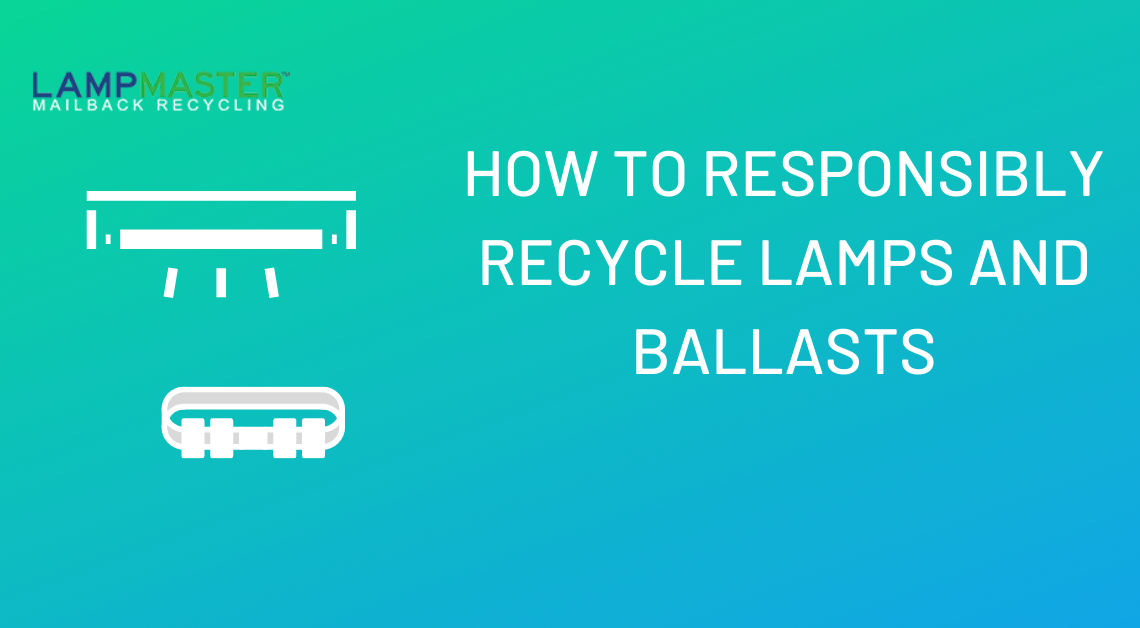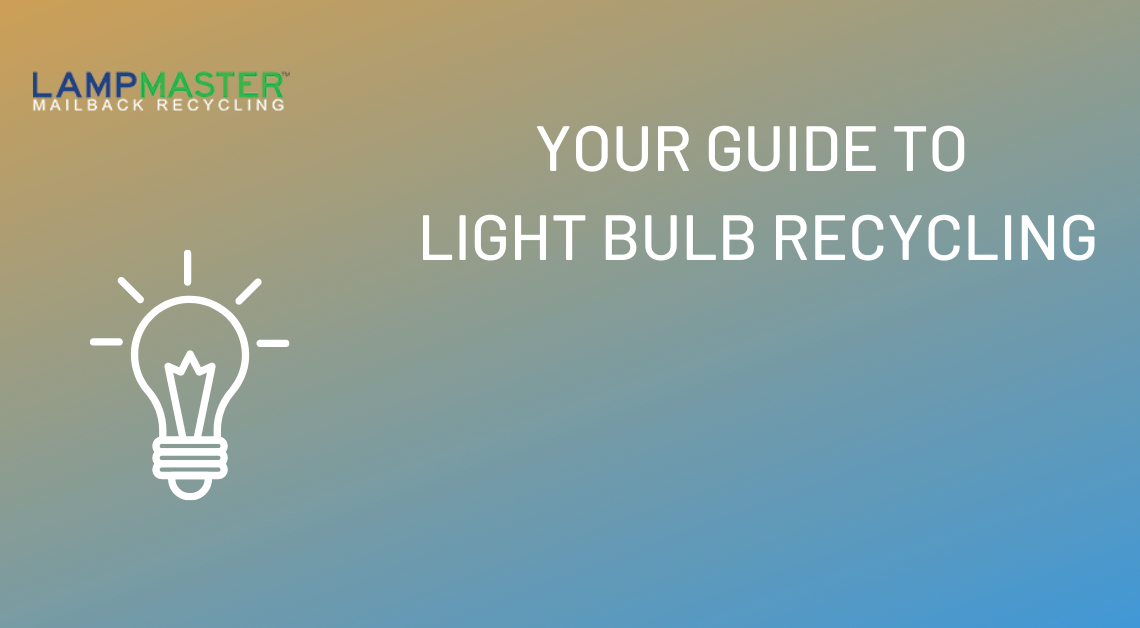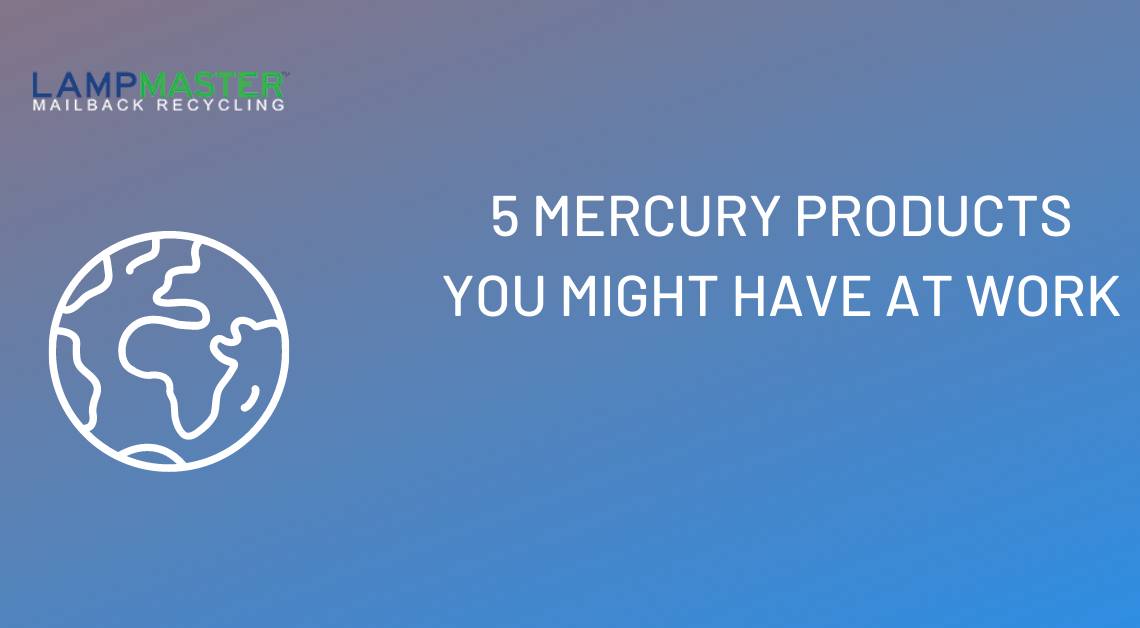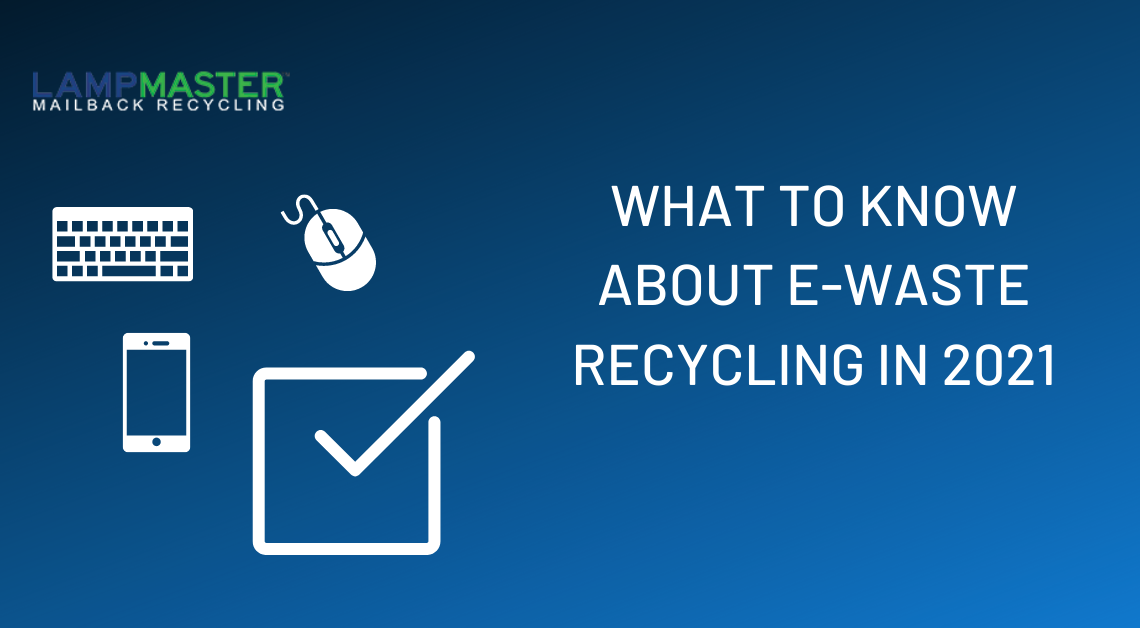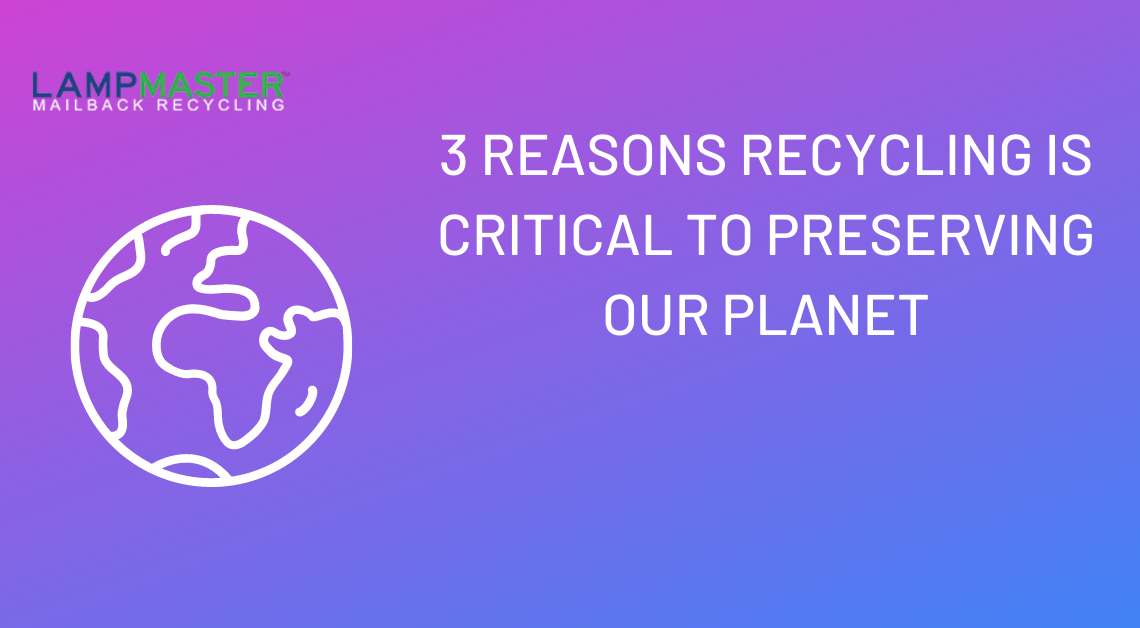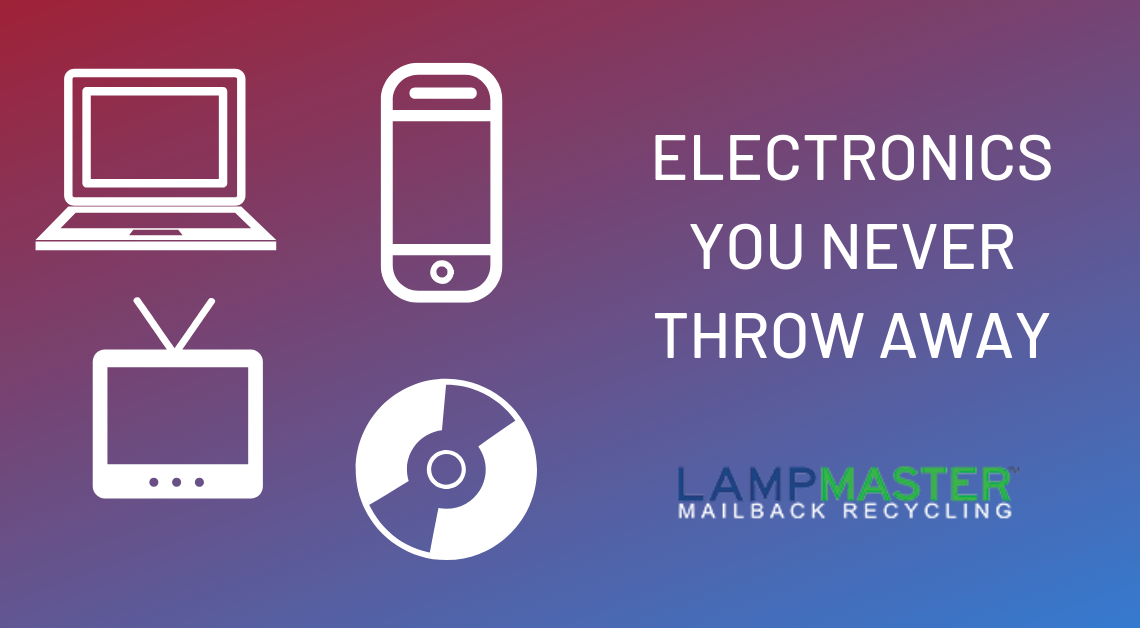
Did you know that we throw away more than 50 million tons of electronics each year? With so many variations of iPhones and Androids coming out annually, it can be easy to lose sight of how much electronics go to waste. But what if we wanted a more sustainable way to get rid of our old devices?
read more

